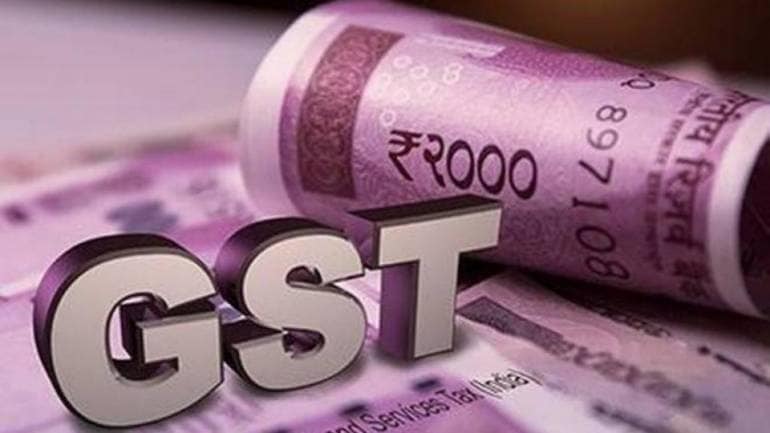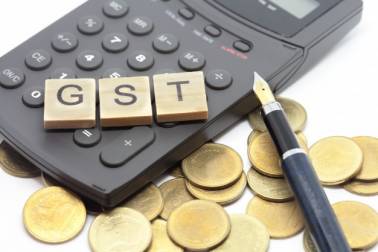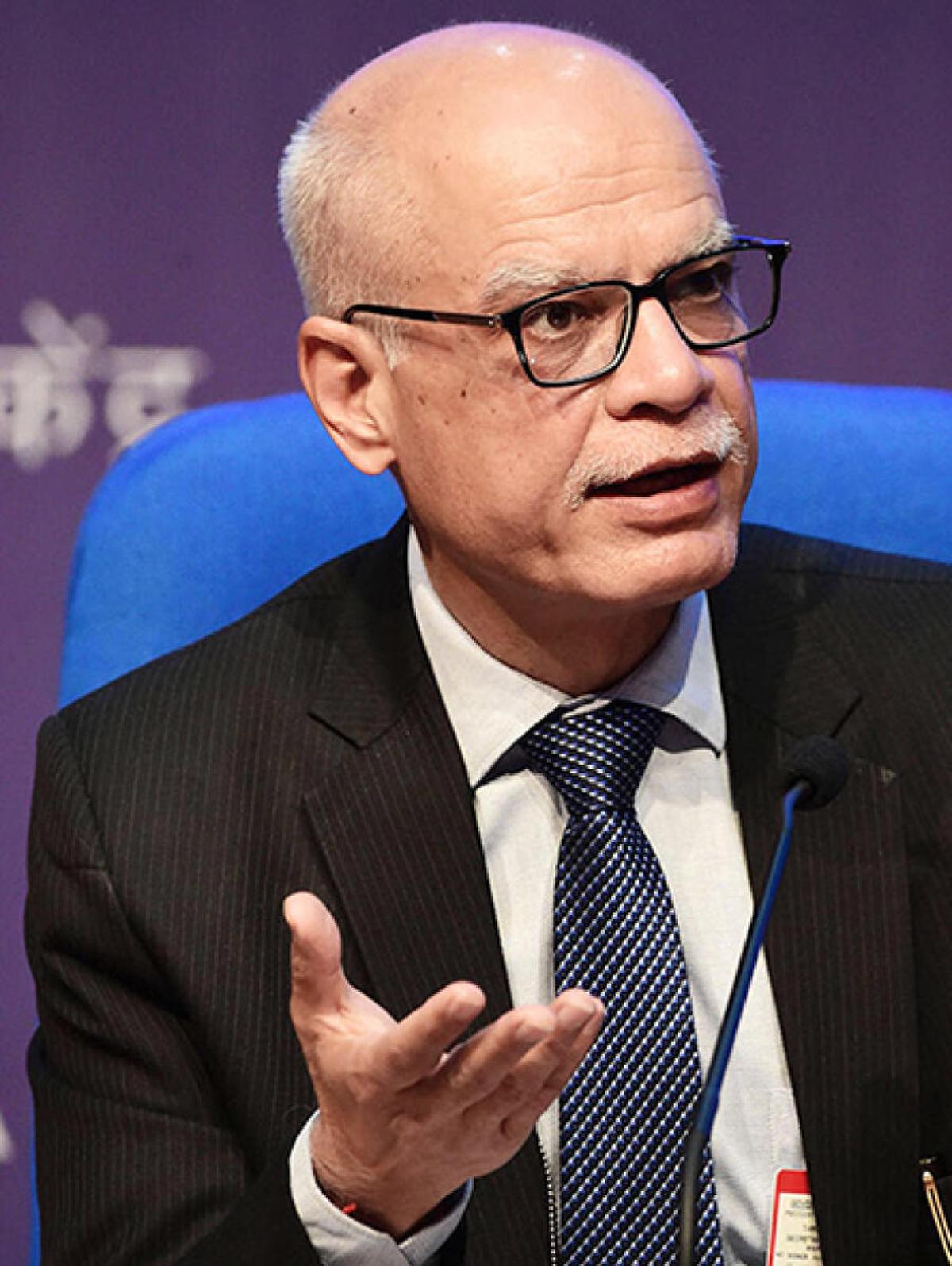Consumers of automobiles, aerated water and tobacco products may have to bear the burden of the Goods and Services Tax (GST) compensation cess on their purchases till the end of 2025-26 to help the Union government raise resources to pay states the committed compensation required to make good a shortfall in their GST collection.
The Fifteenth Finance Commission has estimated that the shortfall in the collection of state GST (SGST) vis-a-vis the assured collection will be in the order of Rs 7.1 lakh crore for the period April 2020 to June 2022. “Our calculations showed that the estimated collection from the compensation cess, if extended till 2025-26, will be just enough to clear the liabilities towards the States,” the Commission has stated in its report to the Centre.
The Centre is obliged by an amendment to the Constitution to provide compensation to states for any shortfall in their revenue arising from the implementation of GST for five years from the date of implementation of the tax regime. The resources to pay this compensation were to be raised by the Centre through a levy of GST compensation cess on select demerit goods. Therefore, the compensation cess was to be levied on select goods during these five years from July 2017 to June 2022.
A shortfall in revenue collection arises when the actual collection of SGST in a year is lower than the protected revenue which was based on an assured annualised 14% growth on the 2015-16 revenues of individual states from the value added tax, central sales tax and other minor taxes that got subsumed into SGST.
The assurance for revenue protection ends in June 2022 but the Centre is in no position to fully pay the committed compensation by that date. Therefore, it had suggested extending the compensation cess beyond the June 2022 deadline.
Calculations upended
All calculations of tax revenue growth went awry with economic growth faltering from the year that the GST regime was implemented. Tax collections in most states fell short of the assured growth from the first year. Fortunately for the Union government, the collections from the compensation cess were adequate to make the committed transfers in 2017-18 and 2018-19. Economic growth and tax collections slowed further in 2019-20, and the pandemic and the national lockdown worsened the fiscal position of the Centre and states. As a result, not only did the difference between the actual and assured collection widen, but the collection of compensation cess too declined and a key reason for the Centre’s inability to keep its commitment to the states.
When it became apparent that Centre will have trouble honouring its commitment on making the transfer in uncertain economic conditions, the GST Council at its 5 October 2020 meeting decided to extend the levy of the compensation cess beyond June 2022. In the interim, the shortfall was to be funded by borrowings. The GST Council will decide the period for which the cess will continue to be levied and also if the levy is to be extended to any other items or rates altered.
Finance minister Nirmala Sitharaman has assured states that the Centre will honour its commitment and that the cess will continue to be levied till the shortfall is fully compensated and all borrowings with interest on it are repaid.
Finance Commission estimates
The NK Singh-led Finance Commission, in its report, submitted to the Centre on 9 November 2020 and laid in Parliament on 1 February 2021, estimated that the shortfall of SGST for 2020-21, 2021-22 and first quarter of 2022-23 to be Rs 7.1 lakh crore and that the GST compensation cess fund will have only Rs 2.25 lakh crore from the collections during that period. This would necessitate the extension of the levy beyond June 2022 till 2025-26.
Incidentally, since the report was submitted to President Ram Nath Kovind, GST collections have shown signs of buoyancy. The monthly gross GST collections of the Centre and states, including the cess, has exceeded Rs 1 lakh crore since October. Sales of automobiles, one of the items that bear the GST compensation cess, have also recovered. If that trend continues, the actual shortfall in SGST collection might be lower than estimated by the Commission.
The Commission estimated that the transfer of GST compensation to the states at Rs 0.90 lakh crore for 2021-22, a little more than Rs 1 lakh crore for 2022-23, about Rs 1.27 lakh crore for 2024-25 and Rs 1.86 lakh crore for 2025-26 crore.
About 16.6% of the compensation due between 2021-22 and 2025-26 is to be paid to Maharashtra, 11.6% to Karnataka, 9.6% to Gujarat, 8.7% to Uttar Pradesh and 6.4% to Tamil Nadu. These states are entitled to higher share in the compensation grants as their revenue losses from shifting to the GST regime from the VAT regime was higher due to the difference in the nature of the two tax. The GST is a destination-based consumption tax, while the VAT was an origin-based tax on the value-added component in the manufacture and sale of a good. The VAT regime benefitted revenues of industrialised states and the GST regime takes away that advantage.
Source: www.moneycontrol.com
Also Read: Rajasthan seeks extension of GST compensation grant period by 5 years
Follow us for free tax updates : facebook Twitter
***
Subscribe our portal and get FREE Tax e-books , quality articles and updates on your e-mail.
Resolve your GST queries from national level experts on GST free of cost.
TW Editorial Team comprises of team of experienced Chartered Accountants and Advocates devoted to spread the knowledge of GST amongst the various stakeholders.




